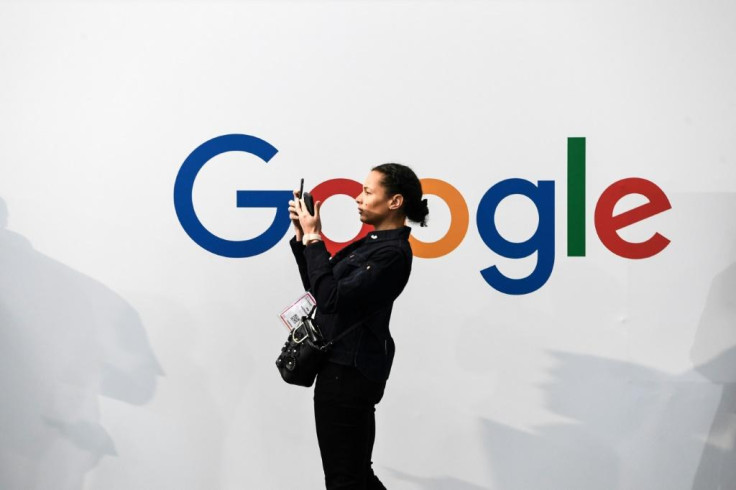Google software engineers supposedly confused by software privacy settings: Lawsuit
One unnamed employee noted that even after location tracking was turned off, it was still able to collect the details.
As technology and software advancements unlock new ways for consumers to interact with their devices, concerns about privacy likewise grow. The security of personal information has been the subject of controversy over the years, as marketing groups pay big money for these types of data. A lawsuit has been filed against Google by the state of Arizona for its alleged "deceptive and unfair practices used to obtain users' location data, which Google then exploits for its lucrative advertising business." It seems that even the ones in charge of the process are unaware of these issues.
A report from the Arizona Mirror reveals that the company's engineers are surprisingly unaware of how the system still manages to gather data even if it has been manually disabled. One unnamed employee noted that even after location tracking was turned off, it was still able to collect the details. Developers have already attempted to redesign everything to give users more control over the type of data they want to share with Google.
"Privacy controls have long been built into our services and our teams work continuously to discuss and improve them," said Jose Castaneda a representative from Google. "In the case of location information, we've heard feedback, and have worked hard to improve our privacy controls. In fact, even these cherry picked published extracts state clearly that the team's goal was to 'Reduce confusion around Location History Settings'."
However, this appears to have been programmed with a workaround which is somehow too complex for experts to address properly. Documents related to the case filed against the internet search titan reveal certain sections of its privacy policy that indicate alternative ways for its still activate location tracking. Although users have already toggled off the option on a particular device, Google can still technically continue receiving information from other devices they own.

This means that even though multiple devices have been registered to one single user, location tracking apparently needs to be disabled on all. Google is just one of the many high-profile tech companies whose practices related to user data is called into question. Nevertheless, the popularity of its Android operating system and the number of OEMs that uses it for their products mean more consumers are affected.
© Copyright IBTimes 2025. All rights reserved.





















